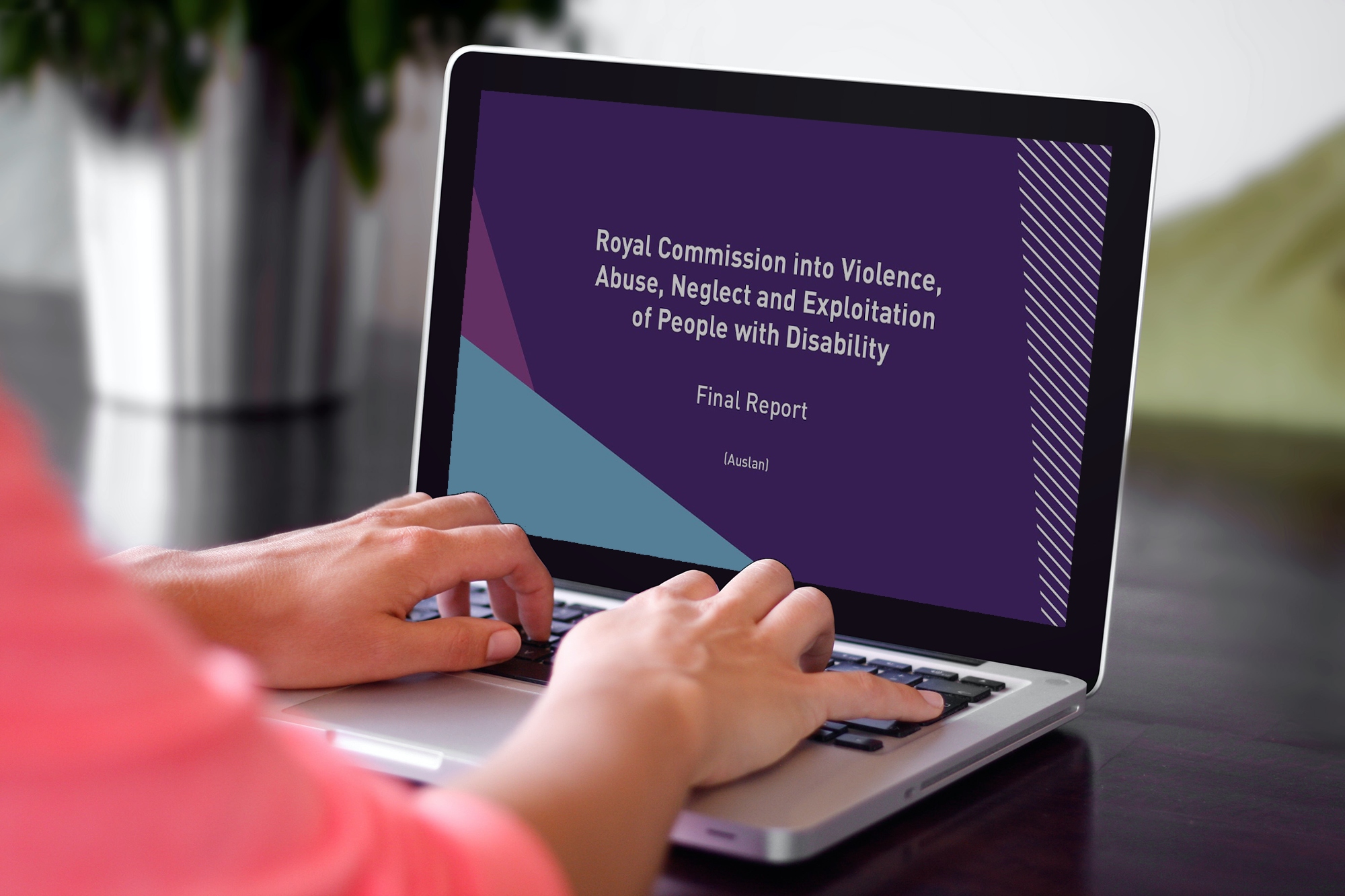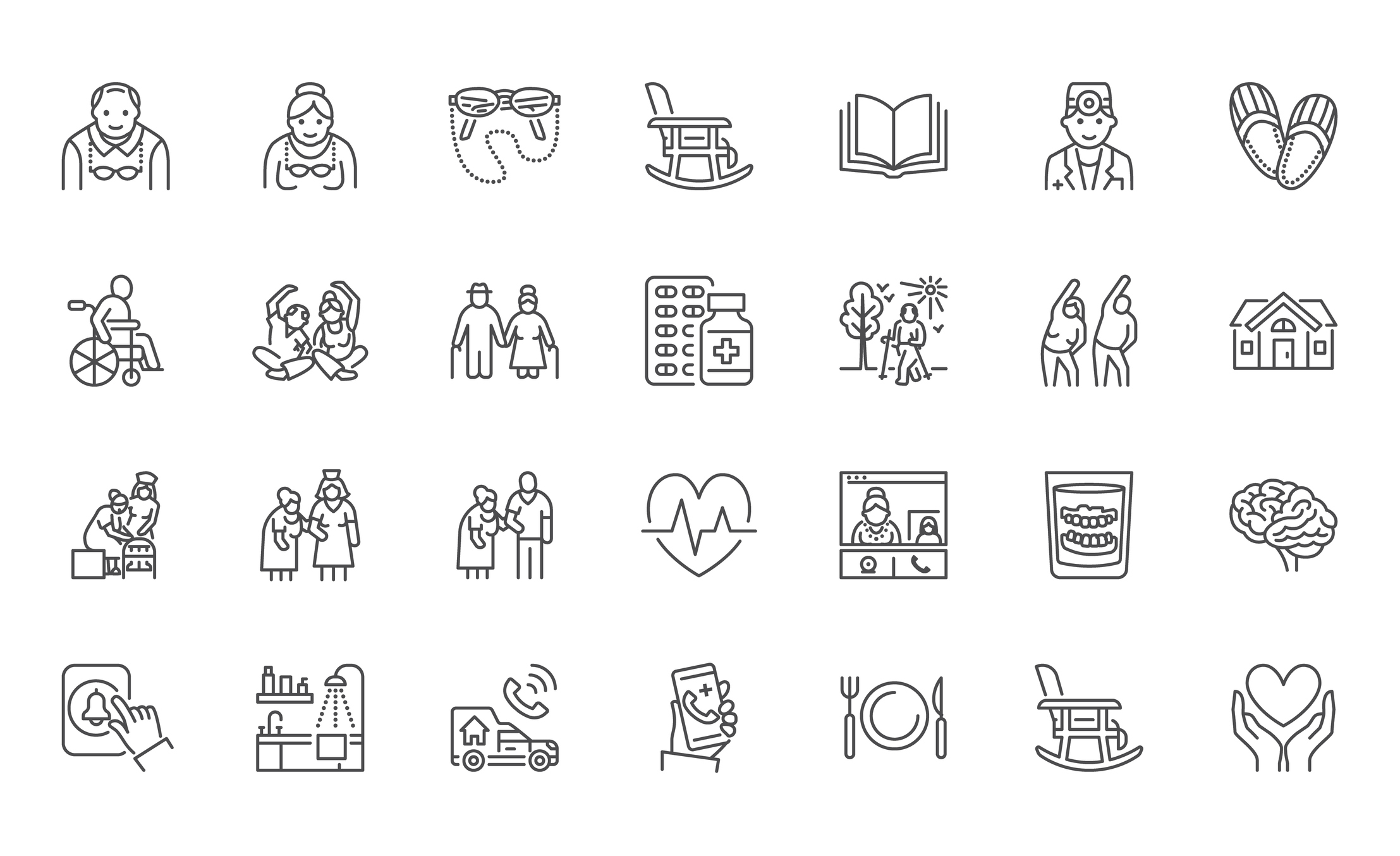The Royal Commission into Violence, Abuse, Neglect and Exploitation of People with Disability (the DRC) is set to deliver its final report by 29 September 2023. Ahead of the final report, we’ve been tracking some of the common themes that have emerged from the latest Public Hearings, to identify likely recommendations that we might see in the final report.
Public Hearing 32 examined violence, abuse, neglect and exploitation of people with disability, and the role that provider policies and procedures play in safeguarding participants. Public Hearing 32 was the final time in the DRC’s process that service providers were examined, so it is a useful insight into the recommendations for providers that we might see in the final report.
There are some common themes throughout the Counsel Assisting submissions to Public Hearing 32 for which we have developed resources. Our resources will help providers to get on the front foot in terms of best practice service delivery.
Safeguarding
Preventing and responding to violence, abuse, neglect and exploitation of people with disability is not a new concept for NDIS providers, however Counsel Assisting submissions to the DRC identified a number of processes which should be implemented by providers to ensure that the rights of participants are upheld, including:
- implementing proper recruitment, training and oversight processes to ensure that all workers understand and uphold the core rights of participants. This includes exercises such as conducting reference checks and querying gaps in employment history; and
- implementing appropriate redress processes, including the important step of making apologies when redress is required.
Trauma–Informed Care
Public Hearing 32 introduced the concept of trauma-informed care to the disability sector, particularly in the context of cultural safety for Aboriginal and Torres Strait Islander participants. Providers should incorporate principles of trauma-informed care into all aspects of the organisation, recognising that everyone may have a history of trauma, and that everyone’s responses to trauma and needs arising from trauma will be different.
Establishing effective trauma-informed care procedures contributes both to a safer care environment for participants, and to care that is person-centred and tailored to the unique needs of each participant.
Supported Decision-Making
Supported decision-making is another area that has been closely examined by the DRC. Understanding each participant’s will and preferences was highlighted as central to supporting the decision-making process. Organisations should presume that every adult participant has the ability to make decisions that are directed by their will and preferences, unless there is evidence otherwise. Organisations should implement processes to seek to understand and document each participant’s will and preferences, and then ensure that they and their families are actively involved in all decisions.
While it was not explicitly called for in the Counsel Assisting submissions, a clear emerging principle in this area is that substitute decision-making should be a last resort only. An organisation’s supported decision-making processes should prioritise supported decision-making in partnership with the participant, and only utilise substitute decision-makers as a last resort, when someone is unable to assist in making a decision, or does not want to make a decision.
Human Rights & Dignity
Clearly understanding and protecting all participants’ human rights is an issue which has been consistently raised by Counsel Assisting submissions, and the DRC more broadly. Enshrining each participant’s human rights in policies and procedures is a core governance concept for NDIS Providers. The DRC has pointed out that, whilst providers should have a human rights policy, it is essential to ensure that the processes outlined in the policy are clearly communicated to, and understood by, all workers so that they are consistently implemented and followed in practice, throughout the organisation.
Co-design
Co-design was also a common theme throughout Public Hearing 32. There are some guiding principles of co-design which providers should follow, including:
- Representation in the design process, particularly including people with lived experience and diverse cultural representation;
- Effective leadership and acceptance of change;
- Education and training for staff;
- Empowering staff to make change;
- Communication and information sharing to draw on the experiences and expertise of other providers; and
- Monitoring, evaluation and continuous improvement.
For more information about co-design, see our blog post on the topic.
How we can help
We have developed and updated several resources to help you implement processes to address the above common themes. These resources include:
- Policy: Safeguarding (Responding to Abuse);
- Info: Safeguarding (Responding to Abuse);
- Policy: Supported Decision-Making and Dignity of Risk (NDIS);
- Policy: Supported Decision-Making and Dignity of Risk;
- Policy: Trauma-Informed Care;
- Policy: Trauma-Informed Care (Disability); and
- Policy: Trauma-Informed Care (Child Safe).
We are also in the process of developing resources for:
- Human rights and dignity of risk; and
- Inclusive co-design.
Towards better practice!
Take out a trial to see how our platform can help!


